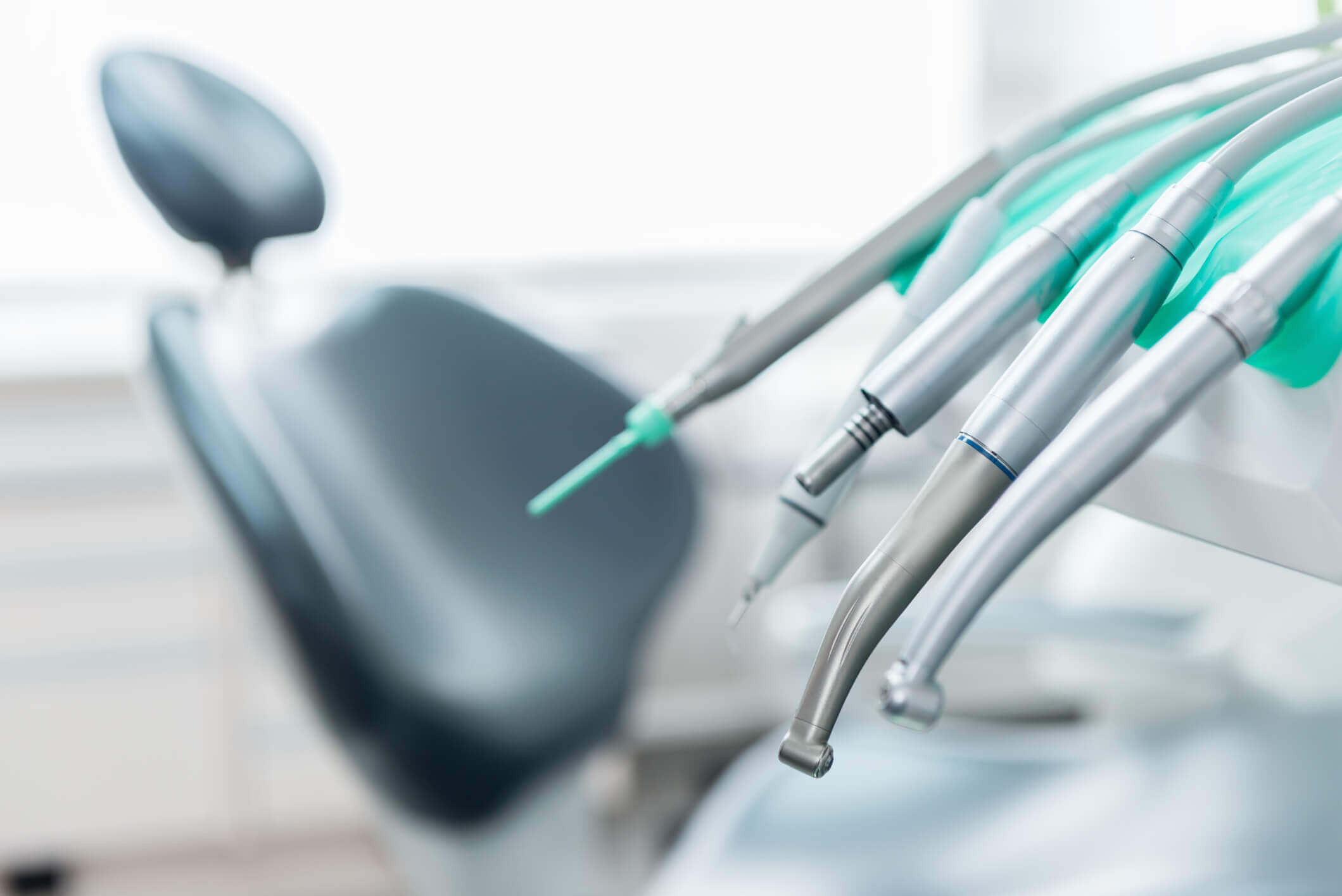What injuries can dirty surgical tools inflict?
We go to the dentist to protect our dental hygiene, but what happens when the dentist fails to use proper hygiene when it comes to their dental instruments? Dental tools must be properly sterilized to prevent patient illnesses. Despite clear protocols when it comes to sterilization, cases of serious illnesses caused by dirty dental tools abound. Currently, in Oregon, a dental practice is under investigation for using dirty tools that caused patients to become ill, including a case of pneumonia. In Washington state and Philadelphia, it was revealed that some 1,250 children were exposed to hepatitis B and C from unclean tools. Some children were even exposed to HIV.
The Need for Heat Sterilization
Given the potentially severe repercussions for failure to sterilize dental instruments, it is critical that dentists and their staff follow all recommended cleaning protocols. The Centers for Disease Control and Prevention, along with the American Dental Association and OSAP all recommend that dentists heat sterilize any instruments that come into contact with a patient’s mouth or body.
There are several options when it comes to heat sterilization, including autoclaves, chemical-vapor sterilizers, and dry heat sterilizers. Heat sterilization should happen between every patient before a tool is used. Wiping down the instrument with chemical solution, but without heat, is not deemed sufficient. This is the procedure used in Washington and Philadelphia that has led to concerns for patient exposure to a wide array of serious ailments.
Exposing Dirty Tools
If you are a dental patient who contracted a serious illness after a dental procedure, you might suspect the possibility of dirty tools. However, uncovering whether dirty instruments were in fact used on your person is far easier said than done. A dentist is not going to simply reveal this information. Those who suspect dental malpractice should consult with a dental malpractice attorney right away. He or she will start investigations into the potential cause of your illness. At times, medical records will shed light on improper procedures. Other times, deeper investigations are needed to uncover the root of your illness or injury. Act quickly after your suspected dental negligence so that your attorney can preserve evidence in support of your later malpractice case.
Other Infections Due to Dental Malpractice
If you have had titanium or other hardware placed in your body, such as a total knee or hip replacement, you must tell your dentist up front (or if you return to the dentist post-knee replacement), and you may need to have medical clearance for any procedures and/or prophylactic antibiotics.
Also, when getting a root canal done, it is essential that your dentist use a dental dam to keep the bacteria from entering the area involved.


